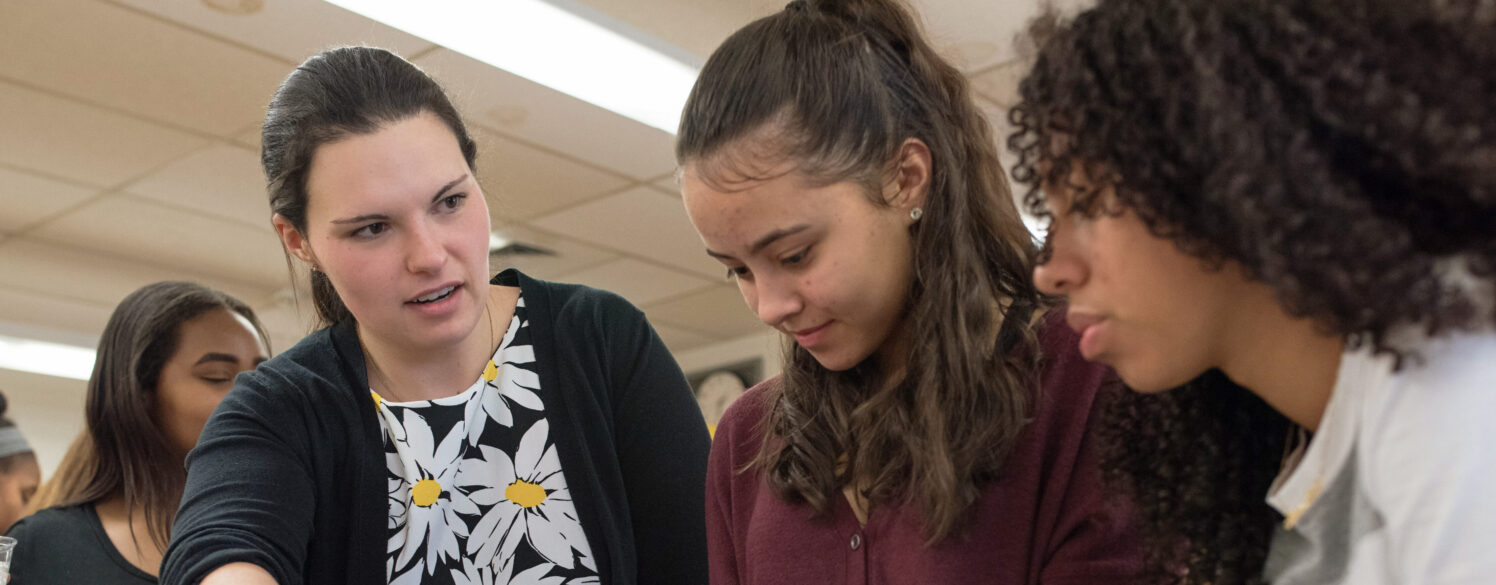Valuable Tools for Educators

Resources
-
Presentation Teacher Leadership Amplifying Teacher VoicesThis slide deck includes a protocol for generating questions to support publication, resources to support publication in different venues, and useful truths about what it takes to be an author.
View Resource -
Presentation Equity Teaching Strategies Finding Joy in Group WorkThis resource helps teachers create inclusive, engaging group work experiences using Complex Instruction (CI). It provides strategies to promote equitable participation, recognize and shift student status, and establish actionable norms. Teachers can use these insights to foster deeper learning, collaboration, and student confidence in their classrooms.
View Resource -
Publication Inquiry Teacher Leadership Developing Teacher Leader Efficacy to Address AttritionThis study examines the link between teacher leadership and the retention of early-career math and science teachers. Using survey data from a five-year fellowship, it explores how teacher leader efficacy—teachers’ belief in their ability to influence education beyond their classroom—can enhance retention through leadership development and practitioner inquiry.
View Resource -
Professional Learning Resource Community Building Inquiry Collaborative Inquiry GuideCollaborative inquiry supports small groups of teachers working together to strengthen equitable teaching practices and deepen students’ learning. This process begins with identifying a question about how students are learning, collecting and analyzing data in support of that question, and then using insights gained throughout the process to modify instructional practices.
View Resource -
Presentation Equity Teacher Leadership Collaborative Conversations for Equitable PracticesThis tool aids early career STEM teachers in meaningful discussions about implementing equitable teaching practices across all grade bands and content levels.
View Resource